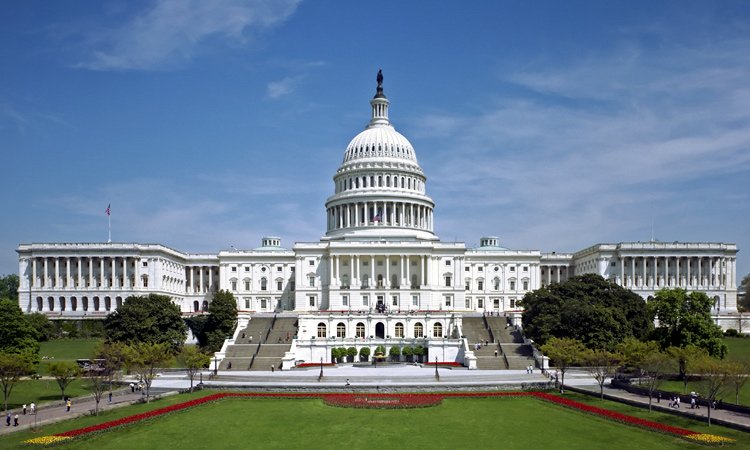The Trump administration is rolling back a signature Biden-era policy that aimed to tightly regulate global access to advanced AI chips. This marks a major shift in U.S. strategy toward international technology trade, with far-reaching consequences for innovation, geopolitics, and the semiconductor industry.
Under President Biden’s proposed three-tiered framework, countries were categorized by their level of access to American AI chips. The strictest limits were imposed on nations like China, Russia, Iran, and North Korea, while U.S. allies enjoyed broader privileges. The system was intended to curb indirect chip acquisition by adversaries, but critics warned it would create excessive red tape and alienate global partners.
Now, the Trump administration is scrapping that system in favor of a more flexible licensing regime. According to the U.S. Commerce Department, the Biden policy was “overly complex” and risked “stifling American innovation.” Officials say the revised rules will empower U.S. chipmakers while still protecting national security.
One key motivation for the shift is growing frustration among U.S. trade partners, particularly in the Middle East. Nations like the UAE and Saudi Arabia—eager to ramp up AI capabilities—have pushed back against export restrictions. Trump is expected to explore new bilateral tech agreements during an upcoming trip to the region, as these countries pledge massive investments in U.S. infrastructure and technology.
The policy pivot has already shaken financial markets. Nvidia, the dominant player in AI chip manufacturing, saw its stock price rise in anticipation of eased restrictions. The company has long argued that access to China’s market—projected to be worth $50 billion for AI chips—is vital for sustaining U.S. leadership in the field. Still, the Trump administration has signaled it will continue to block specific transactions it deems too risky, such as Nvidia’s sales of high-performance chips to China.
Winners in the new framework may include countries like Malaysia and India, which would have been subject to new restrictions under the Biden rule. Malaysia, in particular, stands to benefit as companies like Oracle expand AI-focused data center operations there. In the Middle East, nations that were previously restricted may soon have a pathway to secure U.S. AI chip technologies through government-to-government agreements.
Despite this more open stance, uncertainty looms. The Trump team is reportedly crafting a new export control framework, potentially via executive order, and could still impose penalties on nations that divert chips to China. Industry players remain split: chipmakers want open markets, while some AI companies fear losing the U.S. edge in intellectual property and innovation.
The challenge ahead is striking the right balance. National security concerns remain top of mind, but so does the desire to preserve U.S. dominance in artificial intelligence. With the global demand for AI chips accelerating and countries jockeying for position in the AI arms race, how the U.S. regulates its technological exports could shape the competitive landscape for years to come.






